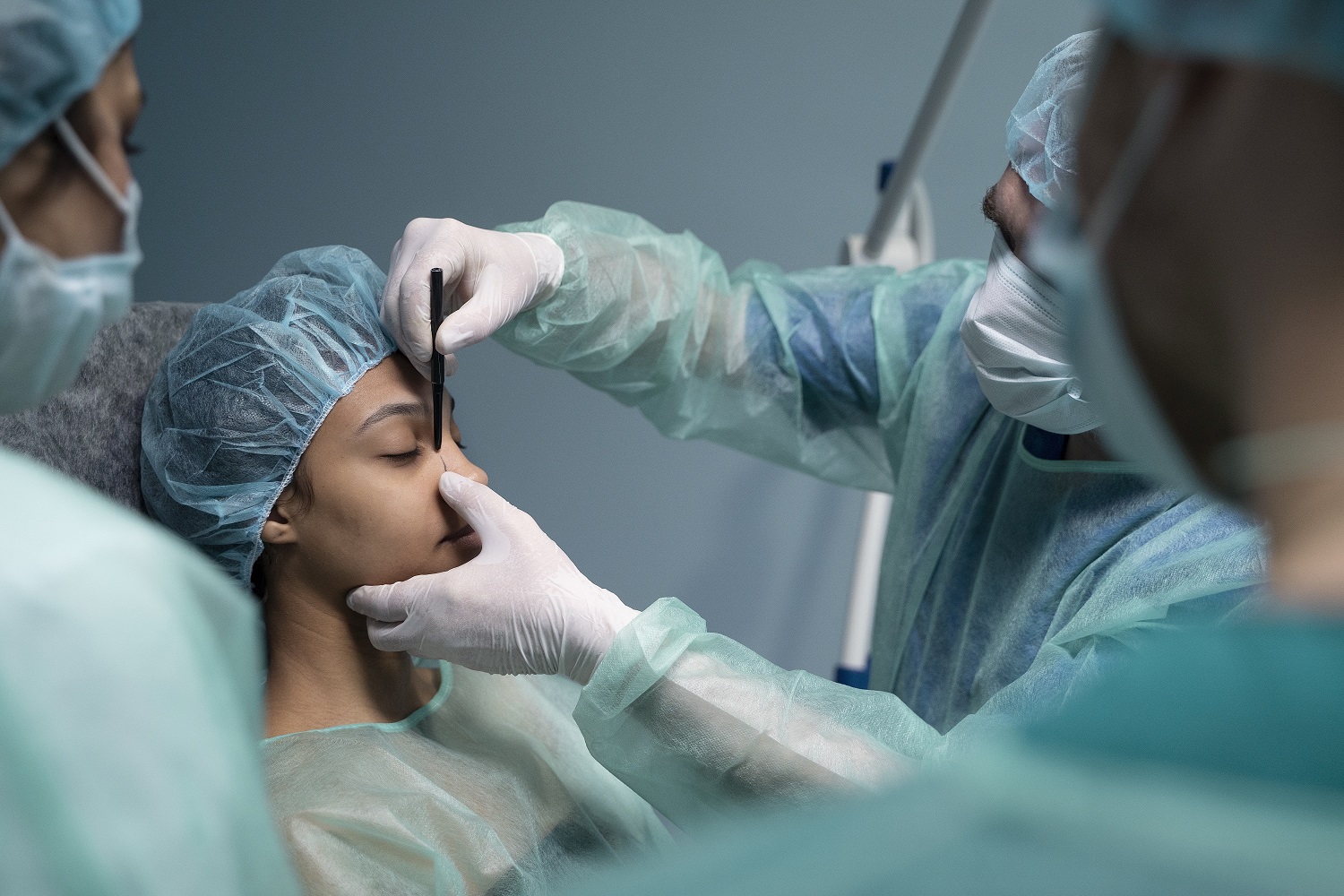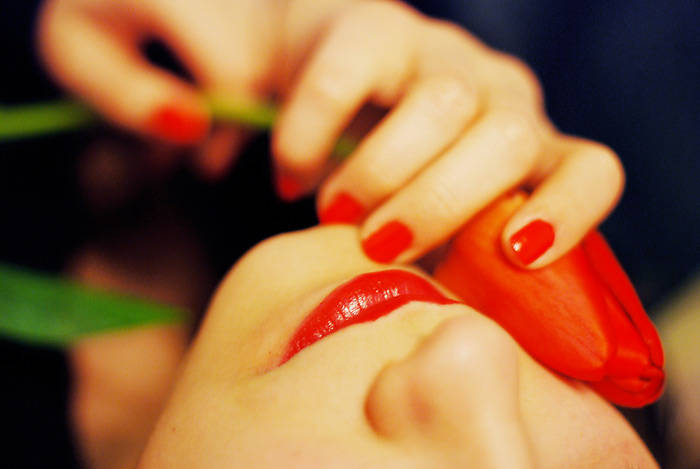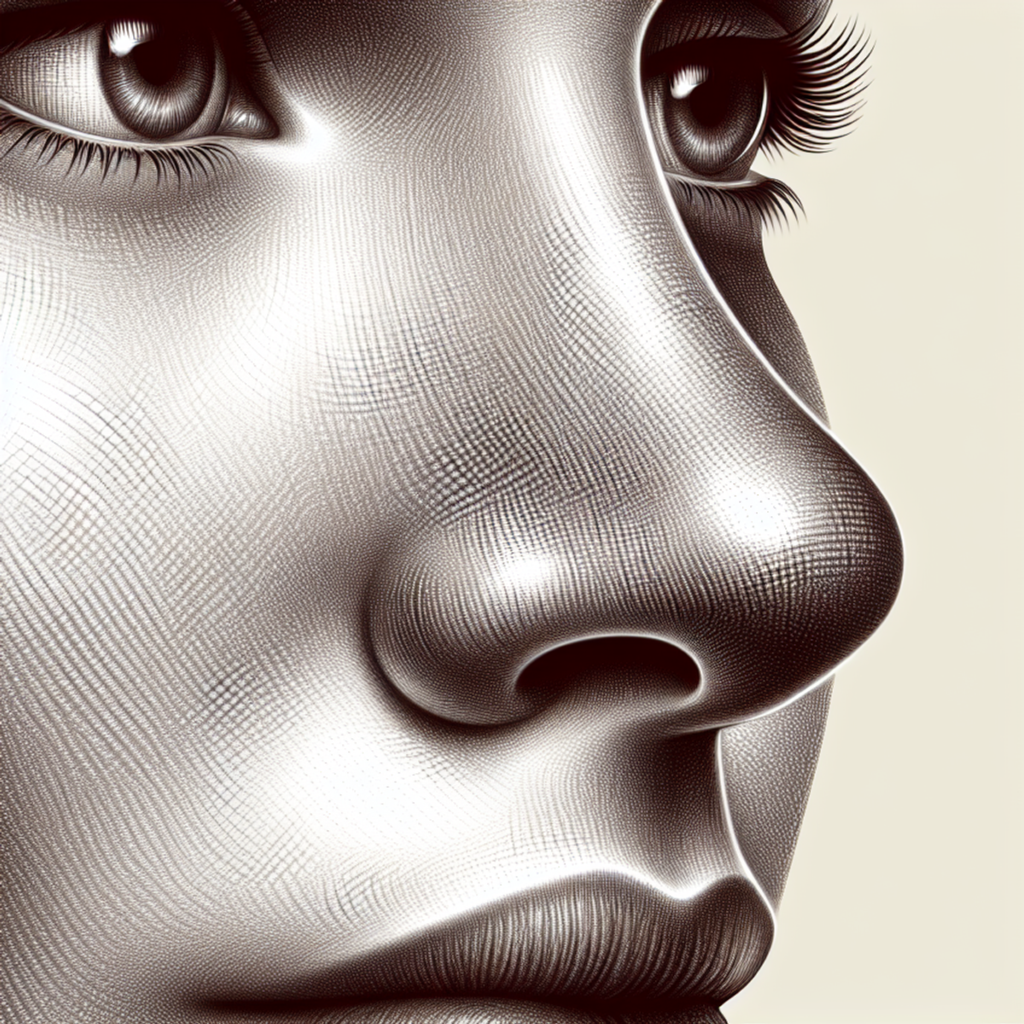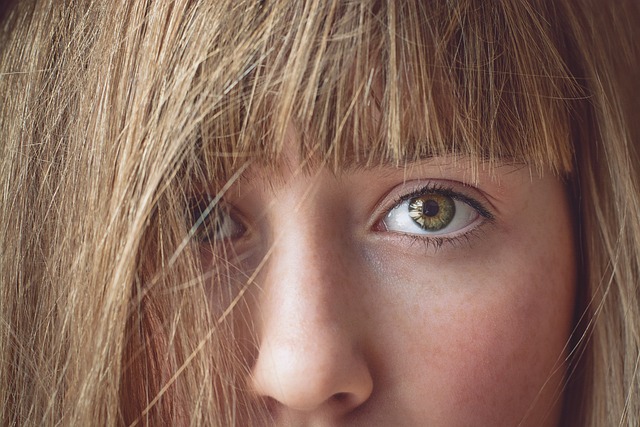The main thing in the work of a plastic surgeon is the safety of his patient. Any operation involves risks, even one that is aimed at purely aesthetic changes in the body. To eliminate the risks associated with the operation, the patient must undergo a detailed examination. It is necessary to exclude contraindications to nose correction. Therefore, we will consider not only the tests before rhinoplasty but also the reasons for them.
Contraindications to rhinoplasty
Before turning to the list of “measures” we decided to identify the main contraindications, because of which the correction becomes impossible either at all or for the duration of treatment. Among the contraindications include:
- Oncological disease.
- Diabetes.
- Infectious diseases of the ENT sphere.
- Inflammatory diseases of the General spectrum (from intestinal infections to thrush).
- Viral and bacterial diseases that are not treated-hepatitis, HIV and so on.
- Reduced blood clotting.
- Manifestations of inflammation, rash on the skin of the nose and nasolabial triangle.
- The defeat of internal organs.
- Heart disease, blood vessels.
- Lung disease.
- Chronic diseases that can complicate the operation.
- Mental illness.
We have emphasized this section, as it is an extremely important list not only for health but also for your life in General. It is necessary to know for sure that your health is all right so that the operation goes without complications. That is why it is necessary to pass a number of tests, undergo some procedures and visit specialized specialists.
Tests before rhinoplasty
First of all, we will consider what tests are passed before rhinoplasty, which must be done without fail. It is worth noting that the list can vary from a number of factors such as anesthesia, the wishes of a particular surgeon and so on. The number of tests before rhinoplasty include:
- UAC (General blood test).
- Analysis of blood biochemistry (that is, the composition of blood protein, creatinine, urea, and so on).
- Analysis of prothrombin.
- Anti HCV and Hbcantigen.
- HIV and RW.
- Rhesus factor and blood type.
- OAM (urinalysis).
- X-ray or computed tomography of the sinuses.
- ECG followed by decoding.
It is necessary to take tests on an empty stomach. The only thing that is acceptable-a few SIPS of water. The data obtained are valid for ten days, and therefore it is necessary to make such a survey approximately in this time range before the operation.
Visiting doctor
The patient may also be required to visit a number of specialists. We would recommend that you consult your dentist and ENT doctor for advice on inflammatory diseases. In some clinics, this issue may not be given enough time, but such a full examination will ensure that your health will not be irreparable damage.
Plastic surgeons must also perform a simulation of the nose before rhinoplasty. This will allow you to see the future result. If you have previously done rhinoplasty fillers (a special substance that is injected under the skin in the nose), be sure to report it. The drug could not be completely eliminated from the body, and therefore any calculations and simulations due to the substance will be invalid. Purchased after such correction of the defects is then to blame the patient.
The result obtained after the operation will largely depend on how fully and openly you provide medical information about yourself. Mention all types of allergies, additional diseases that may prevent taking drugs during or after surgery. Mention should also be made of drugs that you take or have finished taking a month before surgery. Such means as coagulants can reduce blood clotting.
The results will be a catastrophic-a significant loss of blood, severe hematomas, and in particularly severe cases a lethal outcome. Ten days before surgery, some funds should not be taken. An example would be aspirin, iron supplements, and even some vitamins and Dietary Supplements.
Before the operation, a consultation with an anesthesiologist for anesthesia is carried out. In some operations, local anesthesia is acceptable, and some interventions require General anesthesia. Therefore, this issue needs to be clarified and, probably, allergy-samples for substances should be carried out.
The last point in preparation for the operation-diet, alcohol withdrawal (which affects the blood and internal organs to a large extent), energy drinks and other harmful food that you consume. Many people wonder how many days not to smoke before rhinoplasty. We will answer at once; ideally, it is better not to smoke at all, but if you have this bad habit, it is better to abandon it a month before the operation. After surgery, you also can not smoke at least at the first stage of rehabilitation.
If you have one of the contraindications, the doctor decides not to perform the operation under the risk of complications.
We also stipulate that the operation may be postponed for some other reasons. There are also restrictions that have to be observed. Among them:
- Four days before, four days after and during menstruation, the operation is not carried out.
- Do not do surgery when a person is ill with ARD, ARVI.
- Do not use makeup or varnish before surgery. The remains of the makeup, nail Polish must be removed. The same applies to creams. Their use is stopped 10 hours before the correction. On the eve of the operation, perform the necessary hygienic procedures: taking a bath, shower, washing your head.
- After surgery, the patient is not able to manage the traffic. Therefore, the operated person will need to be accompanied.
That is all. The rest of the information regarding rhinoplasty should be provided by your doctor. Note that if the clinic where you plan to correct the shape or length of the nose, do not conduct a detailed examination at least on the above points, it is better to refuse the services of such a hospital. The risk of complications and even injury in the hands of such irresponsible people increases many times.



